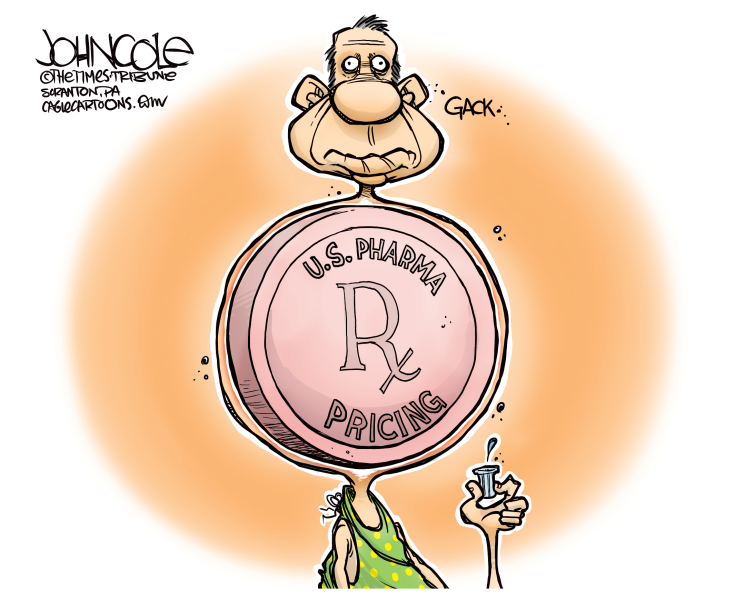Presidential Said No To Socialized Medicine, Then Said Yes

In his State of the Union Address, President Trump said, “We will never let socialism destroy American healthcare.”
Yet just recently, the president signed an executive order regarding prescription drugs covered under Medicare that effectively implements a socialist model. His executive order says that it is to be the policy for the Medicare Program not to pay more for Part B prescription drugs or biological products than the most-favored nation price. The problem is, several of the “most-favored” nations feature single-payer healthcare markets that are warped by socialist price controls.
It sounds noble to want to reduce drug prices, which is what the president claims his executive order will do. The reality is, implementation of the executive order will have grave implications for Americans’ healthcare.
Most notably, the president’s executive order will make sweeping changes to the drug and biological supply chain in America and will have implications for manufacturers and distributors of lifesaving drugs, as well as for group purchasing organizations, hospitals, and physician clinics, among others.
The president’s executive order will be imposed on a large share of physicians and hospitals nationwide and will reduce reimbursement for the hospitals and physicians’ practices. This could force many of them to close and consolidate with larger health systems, thus making healthcare less accessible.
Implementing the president’s executive order will also restrict patient access to lifesaving drugs. Just as an example, 95 percent of new cancer drugs are available in the United States; only 55 percent are available in countries the Trump administration itself has examined. Moreover, the average lag between the time cancer drugs are available in the United States compared to elsewhere is 17 months.
It should be obvious to any observer of global healthcare policy that socialist price controls are harmful to patients and would be harmful to the American economy.
So, why would President Trump, who so recently railed against injecting socialism into American healthcare, now trumpet a system that effectively imports socialist controls?
The answer is battleground state presidential politics.
President Trump says one thing in the State of the Union address, and does something else when he realizes he needs a talking point to shore up senior citizen support in the battleground state of Florida. On July 30, he tweeted, “Drug prices will soon be lowered massively.” It’s a talking point that probably appeals to retirees in Florida. Yet the cost the president’s executive order to Americans will be measured in diminished health and lost lives.
President Trump says one thing when speaking to American pharmaceutical companies about being an advocate for research and development and negates it when his polls are flagging. We have all seen in recent months what an important part of our nation’s strategic capabilities that the pharmaceutical research companies are. As Americans, we are accustomed to receiving excellent healthcare and have strived to build a better healthcare system than those that exist in foreign countries, where under socialist systems people suffer without proper medications and too often die early because they lack lifesaving medicines.
To be sure, many pharmaceutical companies receive government grants to engage in the research and development of new drugs. Yet the president’s executive order is not good for building trust, and it is not conducive to forging the public-private partnerships needed to develop new medicines, especially in the battle against a foe like COVID-19. It’s foolish to punish innovative drug companies that would otherwise engage in aggressive research and development.
The scientists who develop miracle cures are betrayed by the president’s executive order, healthcare providers are betrayed, and ultimately patients are betrayed.
–
Copyright 2020 Sara Croom, distributed by Cagle Cartoons newspaper syndicate.
Sara Croom is the executive director at the Trade Alliance to Promote Prosperity. She can be reached at [email protected].

